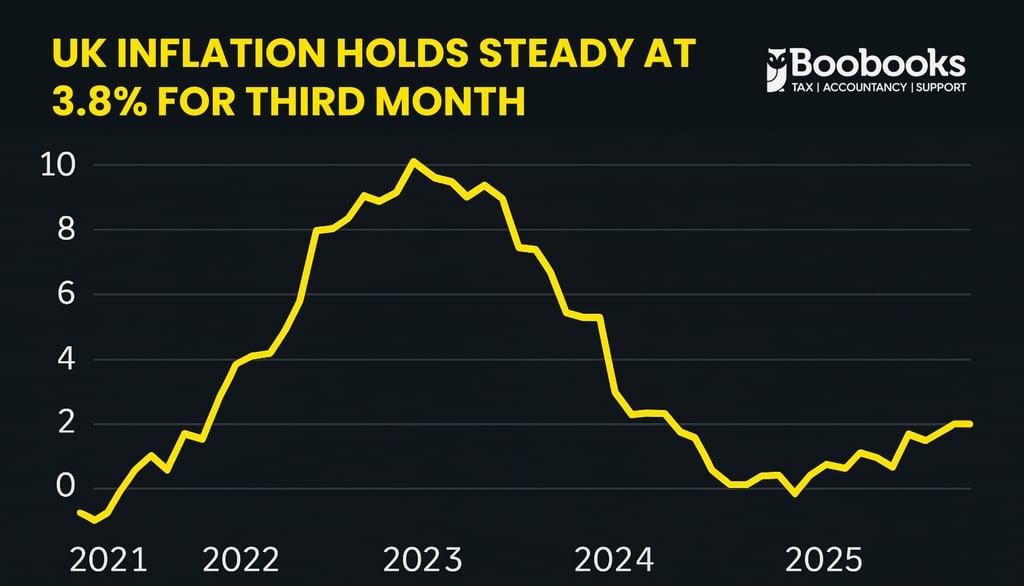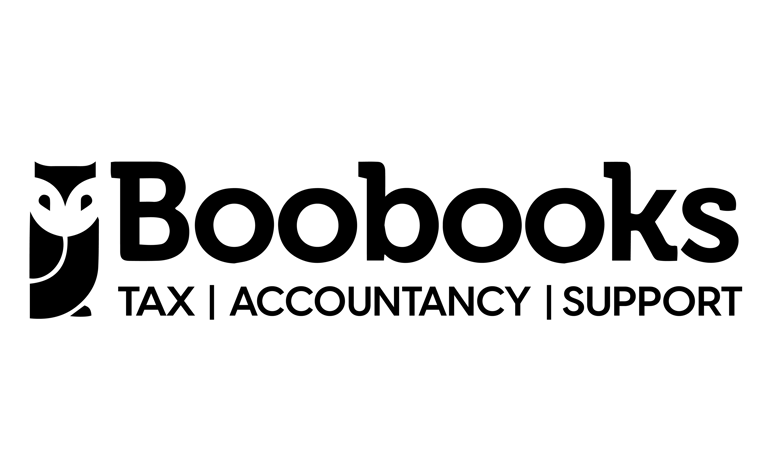UK Inflation Holds Steady at 3.8%: What It Means for Households and Businesses
NEWSUK FINANCE


UK inflation remained unexpectedly steady at 3.8% in September, marking the third consecutive month at this level, according to the Office for National Statistics (ONS). While economists had predicted a slight uptick to 4%, slower food price growth and easing costs in the “recreation and culture” sector helped keep inflation unchanged.
For Chancellor Rachel Reeves, this news offers a modest relief ahead of her upcoming November budget, though inflation remains well above the government’s 2% target. Reeves acknowledged that despite progress, “people are putting in more and getting less out,” signalling her intention to introduce measures to ease living costs in the coming months.
What’s Driving Inflation Stability
The ONS highlighted that downward pressure on prices came from food, recreation, and culture, which collectively offset higher transport costs.
Food prices dropped 0.2% month-on-month, marking the first decline since May 2023. Annual food inflation slowed to 4.5% from 5.1% in August, largely due to moderating agricultural and climate-related pressures.
Recreation and culture prices were stable, with live music ticket prices falling 8.6% compared with August.
Transport costs, however, continued to climb-up 3.8% year-on-year, driven by rising petrol prices and higher air fares.
While the headline inflation rate remains elevated, analysts say the recent data could signal that price pressures have peaked.
Implications for Interest Rates
The Bank of England’s Monetary Policy Committee (MPC) will likely view the data as a sign of progress but is expected to remain cautious. The Bank’s latest forecasts had suggested inflation might hit 4% in September before easing through 2026. Now, with the figure holding at 3.8%, markets are speculating about an earlier rate cut, possibly as soon as February 2026, instead of March.
Economist Thomas Pugh from RSM noted that inflation may decline only gradually, suggesting that while an immediate rate cut is unlikely, a December adjustment could still be considered.
Broader Economic Impact
The International Monetary Fund (IMF) recently projected that the UK will face the highest inflation in the G7 this year and next, a concern for both policymakers and households.
September’s inflation figure carries wider significance, as it sets the benchmark for uprating benefits such as Universal Credit, disability payments, and the state pension. However, under the government’s “triple lock” commitment, the state pension will rise according to average wage growth, which was 4.8% in the year to July, rather than inflation.
Additionally, duties on alcohol, tobacco, and rail fares are traditionally linked to the Retail Prices Index (RPI), which stood at 4.5% in September. The Treasury may still choose smaller increases to help contain costs.
Outlook for Businesses and Accounting Implications
For businesses, especially small and medium enterprises (SMEs). persistent inflation means continued cost management challenges. Rising transport costs can affect logistics, while slower food inflation may bring relief to hospitality and retail sectors.
At Boobooks Accounting, we continue to advise clients to monitor inflation trends closely, review pricing strategies, and maintain robust cash flow planning. While stable inflation offers short-term predictability, the broader picture still calls for careful budgeting and financial discipline.
As policymakers balance between growth and inflation control, the coming months will determine whether the UK economy can transition towards sustainable stability, something every business owner should keep an eye on.
